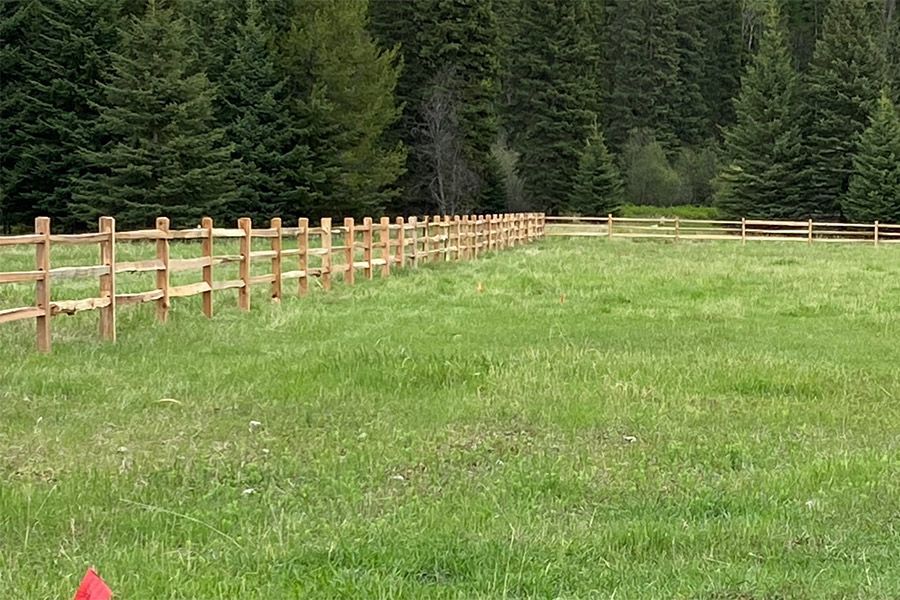Choosing the right fencing for your property can be challenging. Let’s break down the differences between continuous panel fencing and traditional options to help you decide.
Comparison of Materials and Costs
The type of materials used in your fencing directly impacts its cost and functionality:
- Continuous Panel Fencing: Typically made of welded steel, this option is designed for durability and longevity. While the initial investment may be higher, the reduced maintenance costs make it a cost-effective solution over time.
- Traditional Fencing: Comprising materials like wood, barbed wire, or vinyl, traditional fencing is often cheaper initially, but frequent repairs or replacements can add up over time.
Maintenance and Durability Factors
When it comes to withstanding the elements and everyday wear, here’s how the options compare:
- Continuous Panel Fencing: Designed for toughness, continuous panel fencing can withstand harsh weather and livestock-related impacts. It requires very little maintenance, typically only occasional cleaning or rust treatment.
- Traditional Fencing: Traditional fences, particularly wooden ones, can deteriorate from weather exposure. Barbed wire and vinyl options are also vulnerable to wear. Ongoing maintenance is often needed.

Appearance Comparison
The appearance of your fence plays a role in your property's overall appeal:
- Continuous Panel Fencing: Offers a modern, streamlined look that complements both agricultural and residential properties. The sleek steel design can be customized with finishes and accessories.
- Traditional Fencing: Wood and vinyl fences offer a classic, rustic charm, while barbed wire focuses more on practicality than aesthetics.
Suitability for Various Applications
Different fencing types serve different purposes:
- Continuous Panel Fencing: Perfect for securing livestock, delineating property boundaries, and in areas where high durability is essential.
- Traditional Fencing: Ideal for smaller enclosures, aesthetic purposes, or when on a tighter budget.
Conclusion: Making an Informed Decision
To make an informed choice between continuous panel and traditional fencing, evaluate your priorities carefully:
- For long-term durability and low maintenance, continuous panel fencing stands out as the best option for durability and minimal upkeep.
- For a more budget-friendly or decorative option, traditional fencing could be the more cost-effective and decorative solution.
Consider your budget, property needs, and aesthetic preferences to choose the ideal fencing option.